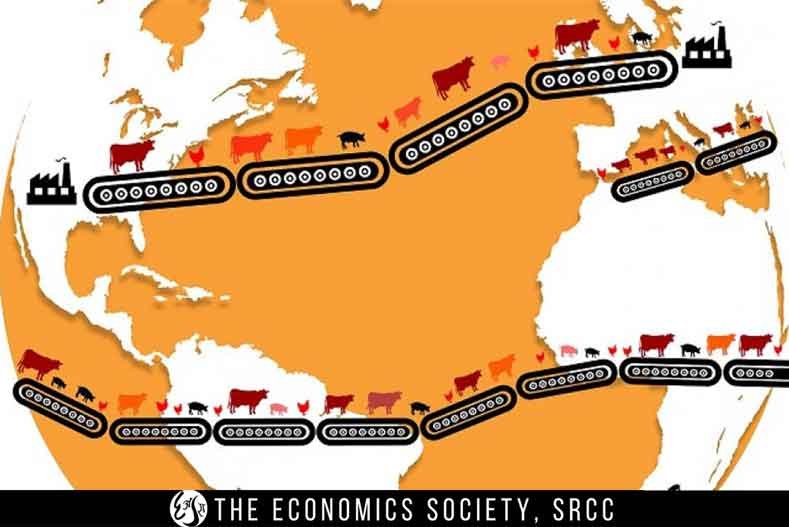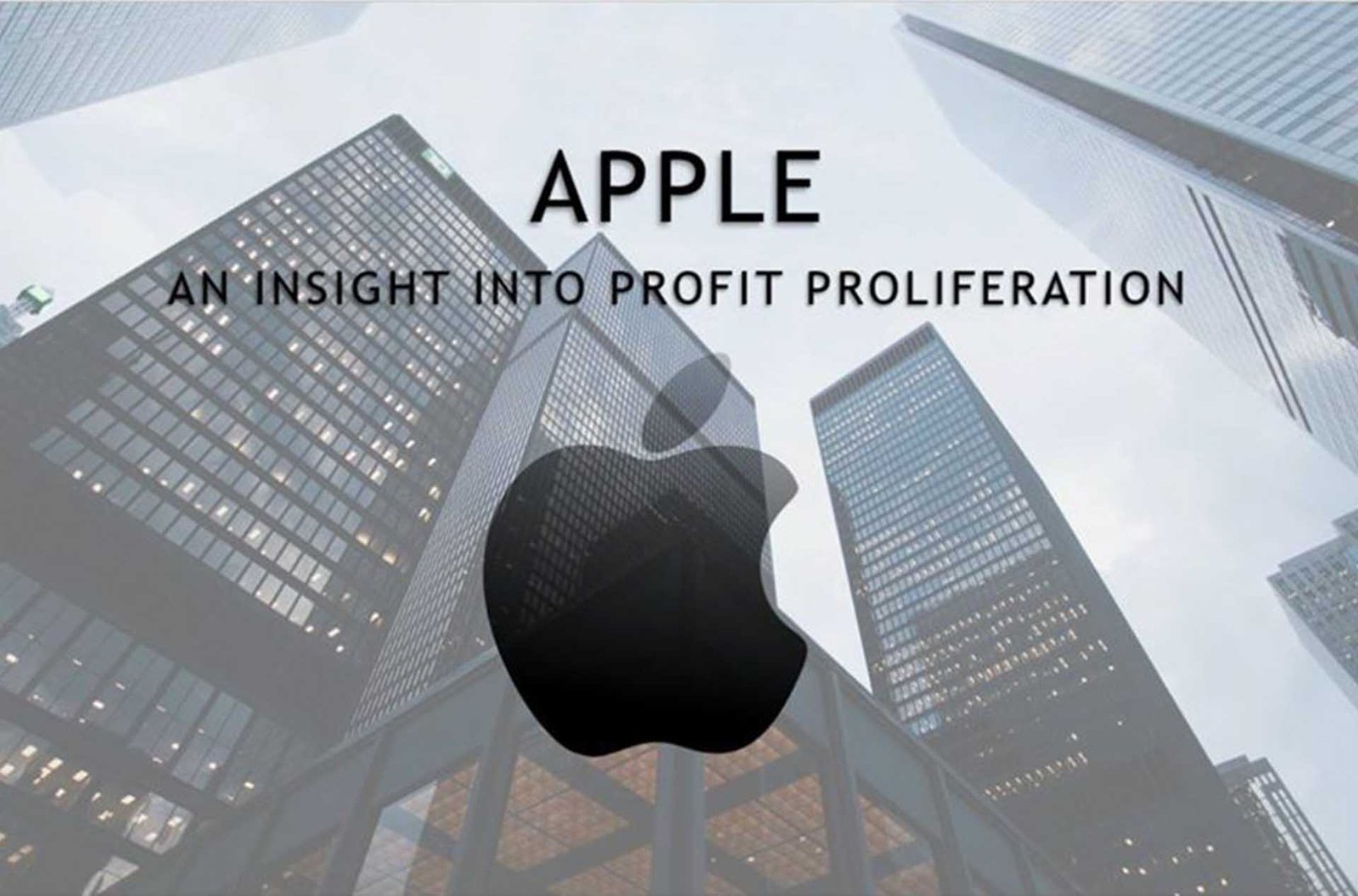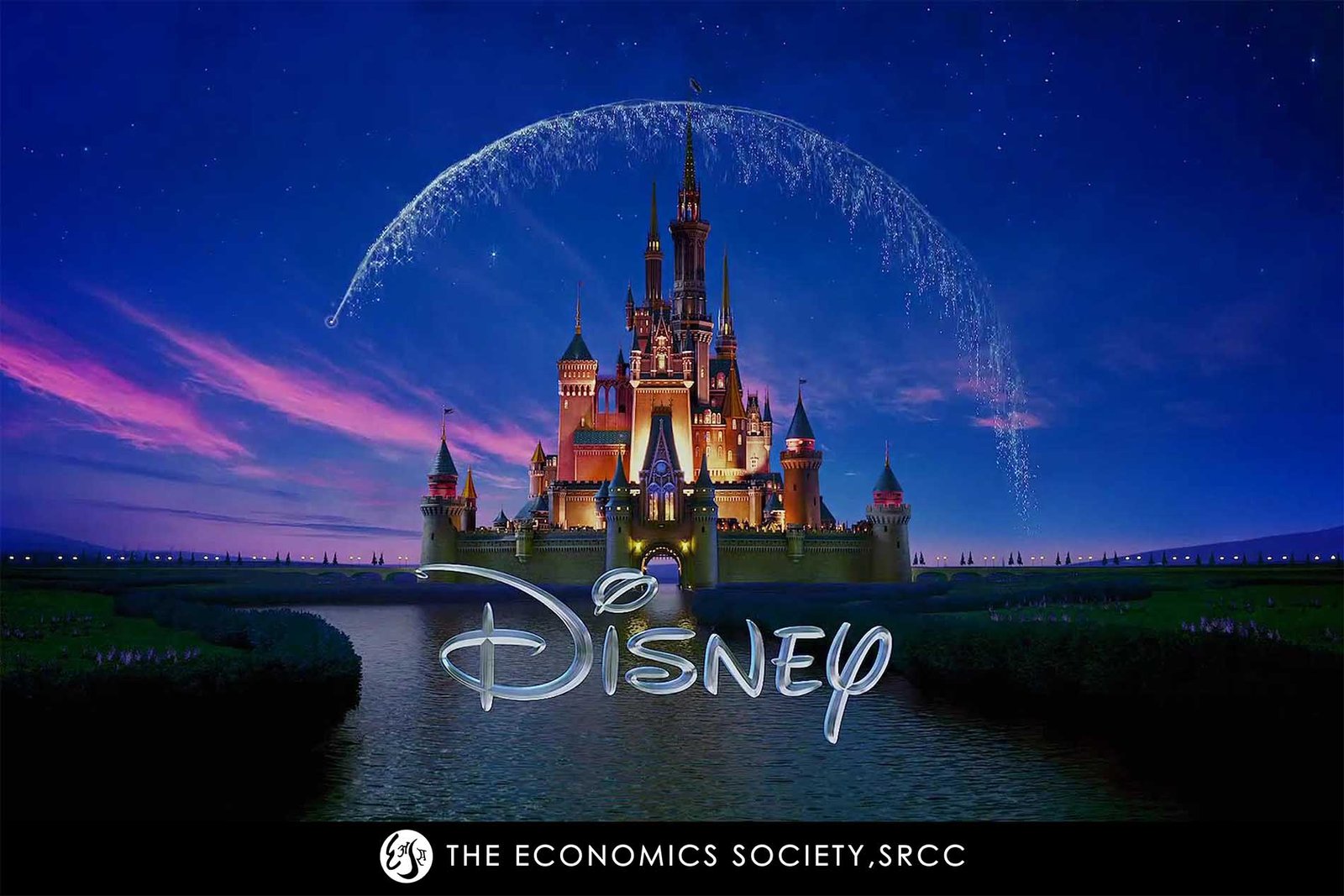
Meat, Dairy and Global Warming

Karl Marx had once talked about history repeating itself as tragedy followed by farce. But have you ever thought about a repetitive farce leading to an insurmountable tragedy? The history of COP (Conference of Parties) meetings, including the very recent COP26 at Glasgow, has been repeating as a farce leading to the climactic tragedy of irretrievable climate catastrophe. As the Tricontinental Institute for Social Research points out, it is not the passionate and truthful climate activists but the very greedy and cunning people who are most responsible for heating up the planet—corporate executives and lobbyists in collusion with government officials—who have been shaping many of the proposals that were brought to the table of COP meetings so far. At COP26, no focused discussion took place about the carbon dioxide, methane, or nitrous oxide emitted from agricultural processes and the global food system, despite the fact that the global food system produces between 21 percent and 37 percent of annual greenhouse gas emissions. Instead, the United States and the United Arab Emirates, backed by most of the developed states, proposed an Agriculture Innovation Mission for Climate programme to champion agribusiness and the role of big technology corporations in agriculture. Big Tech companies, such as Amazon and Microsoft, and agricultural technology (Ag Tech) firms – such as Bayer, Cargill, and John Deere – are pushing a new digital agricultural model through which they seek to deepen their control over global food systems in the name of mitigating the effects of climate change.
This new world of agribusiness and industrial farming only suits the interests of the big firms’ profit margins even as it reduces the agriculturalists to the status of precarious gig workers and fails to mitigate increasing pollution from agriculture. There are the following indisputable scientific facts—owed to the data-driven Carbon Brief--about climate impact of meat and dairy eating vis-a-vis plant-based diets. The mass of animals raised for slaughter on Earth now outweighs wildlife by a factor of 15-to-1. For example, for every person on the planet, there are approximately three chickens. Meat and dairy specifically accounts for around 14.5 percent of global greenhouse gas emissions. If the world is to meet its target of limiting global warming to “well below” 20C, some degree of diet shift will be necessary. If it is to strive for the most optimistic target of keeping warming to 1.50C, changes to diet may be even more crucial. The climate impact of beef and lamb dwarfs that of other foods. Cows and sheep are “ruminants”—meaning that their stomachs contain specialised bacteria capable of digesting tough and fibrous material, such as grass. The digestive process causes the animals to belch out methane, a greenhouse gas that is around 28-34 times more powerful than CO2 over a 100-year period. Producing beef is more than twice as carbon intensive as producing lamb.
One reason for this is that cows take longer to grow and reproduce, meaning the production of beef requires much more feed and land than other types of meat. The conversion of land for beef production and animal feed is a leading cause of deforestation in many tropical regions, including in the Amazon, where a recent spike in forest fires and clearing has been linked to cattle ranching. The cutting down of tropical forest causes the release of long-held stores of carbon. Tropical deforestation as a whole accounts for around 8 percent of global greenhouse gas emissions. Grazing cattle need plentiful supplies of grass—meaning farmers often use nitrogen fertiliser on their fields to stimulate plant growth. The production of nitrogen fertiliser causes the release of CO2 and the potent greenhouse gas nitrous oxide (N2O). The resource-intensive nature of cattle rearing also explains why, on average, cheese and other dairy products have a higher climate cost than pork and poultry. Also, chickens and pigs are not ruminants and so do not produce as much methane. And, on average, farmed prawns have a larger climate impact than other types of seafood.
Prawns are fed with high amounts of fish feed, much of which is wasted and taken up by other marine microorganisms which then release methane into the atmosphere. Aquaculture also often requires carbon-rich mangroves to be cut down, which causes large amounts of CO2 to be released. In comparison to meat and dairy, plant-based foods have much smaller carbon footprints. On average, emissions from plant-based foods are 10 to 50 times smaller than those from animal products. Notable exceptions include coffee and chocolate. Coffee is mostly grown in tropical regions and its production often involves using high amounts of nitrogen fertilisers, which mostly explains why it has a larger climate impact by kilogram than other plant-based foods. Chocolate’s climate impact is mostly caused by the land-use change required to produce cocoa. Both coffee and chocolate do not contribute much to nutrition, though. A most powerful conclusion is that global switch to veganism would deliver the largest emissions savings out of any dietary shift. The steep reduction in emissions would partially stem from the freeing up of large amounts of land, which could be used to plant forests capable of removing CO2 from the atmosphere. In light of this, it is even more disturbing to know the new research from the Institute for Agriculture and Trade Policy (IATP).
This research conducted in Europe where climate activism is strong, has revealed that the emissions of Europe’s 20 biggest meat and dairy corporations—including Danish Crown, Nestlé, Danone, Tönnies, FrieslandCampina, and Coren—outstrip countries such as the Netherlands and Denmark. Emissions of the 35 largest meat and dairy companies are equivalent to nearly 7 percent of the European Union’s total emissions in 2018. The combined emissions of the 20 biggest companies equal nearly all of Italian oil giant Eni’s emissions, and are equivalent to 60 percent of the emissions of French fossil fuel corporation, Total. Seven out of 10 companies that were tracked over time saw their climate footprint grow between 2016 and 2018. The emissions of Irish beef producer ABP increased by 45 percent and Germany’s Tönnies, which supplies Aldi, by 30 percent. Animal farming is responsible for 17 percent of Europe’s emissions and rose by 6 percent between 2007 and 2018. Ten countries—Germany, France, Spain, Poland, Italy, Netherlands, Denmark, Ireland, Belgium and the U.K.—produce the majority of Europe’s meat and dairy. Beef and pork exports increased by over 10 percent and poultry by 38 percent between 2005 and 2018 leading to a steady increase in meat and dairy production and emissions. Europe’s five biggest poultry companies, including the U.K.-headquartered 2 Sisters Food Group, which owns Bernard Matthews, have failed to set climate targets despite being major consumers of animal feed. Feed is a key source of emissions from livestock farming, in part because its production is linked to deforestation.
The solid conclusion that follows from the IATP study (titled, Emissions Impossible Europe) is that “The climate footprint of Europe’s big meat and dairy companies rival the fossil fuel giants, yet they continue to operate with impunity. The handful of companies that have climate plans rely on accounting tricks, greenwash and dubious offsets to distract from the fundamental changes needed to cut emissions, while offloading many of the costs and risks onto farmers in their supply chains.” There is no intention to shift to agroecological farming or the production of less and better meat and dairy which offer the greatest potential to cut emissions. It follows from the above collagic presentation that without switching over to agroecological farming and plant-based diets, and without regulation of the national and multinational meat and dairy companies, we are bound to be doomed sooner or later despite the upcoming COP meetings. These meetings will repeat themselves as farce after farce leading to apocalypse unless, of course, the climate activists rule and save the world.
Annavajhula J.C. Bose,
PhD Department of Economics, SRCC
References
1. https://thetricontinental.org/newsletterissue/agricultural-technology/
2. https://interactive.carbonbrief.org/what-is-the-climate-impact-of-eating-meat-and-dairy/
3. https://www.iatp.org:Emissions Impossible Europe: How Europe’s Big Meat and Dairy are Heating Up the Planet.


